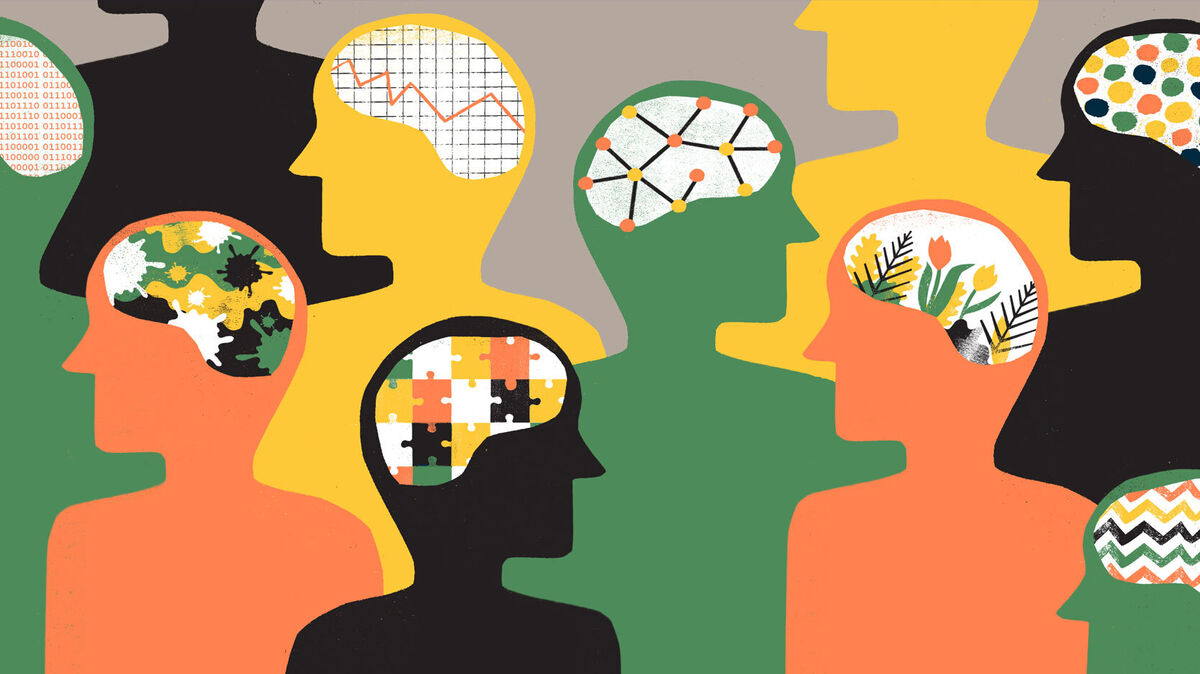
History of the evolution
Before the evolution of cognitive psychology, the study of psychology was just around the behavior of humans which was reciprocated to the stimulated input that is undergone by a person, which led to an enduring question of the reason for the behavior not knowing the reason for the response of any act that was performed, so at 1967 the game changer for the psychology field by Dr.Ulric Neisser who termed this cognitive psychology, which relates to the study of the human mental system and brain processes such as learning, memory, critical thinking, problem-solving, perception, attention, decision-making, and language use .
Cognitive psychology biases
It is the systematic pattern of deviation from norm or rationality in judgment. It influences our thinking and behaviors which results in errors in our judgment or decisions.
- Reward/ punishment super response tendency ( this is the most often used technique by our parents to achieve a particular goal or to distract us this is on the lighter side whereas these techniques are more used in advertising products and services ).
- Liking/loving Tendency ( this is a common behavior that can be observed in the salesperson that they try to rap up with the client which leads the consumer to not focus on the flaws of the product).
- Hating/disliking tendency ( this one is vise versa of the before bias where people tend to hate things even if it is good and beneficial for us ).
- Doubt Avoidance Tendency (Most of us would have overcome this where we will try to make decisions before we get distracted by the upcoming doubt, for instance ordering from the menu is a never-ending saga).
- Inconsistency Avoidance Tendency( Not everyone is ready to welcome changes in their routine, well people tend to stick to a particular routine even though the students were studying before the night of tomorrow’s exam is our routine).
- Curiosity tendency( from kids to senior citizens one of the most common characteristics is curiosity which is widely used in the marketing sector also sometimes by politicians to keep us on our toes but end up getting wasted or busted).
Emotion, social influence, and motivations are just a few of the biases that play a more prominent role in these aspects.
The upscale of artificial intelligence
Let’s begin by exploring the question: Why are we integrating psychology into AI? This connection arises from AI’s utility in enhancing learning, memory, critical thinking, problem-solving, perception, and decision-making. AI serves as a digital counterpart to the human brain, learning and adapting to human thought processes for seamless integration into our society. Now, shifting our focus to the question: What are the advantages of combining AI and psychology? Cognitive psychology has played a pivotal role in shaping AI development, with modern AI designs drawing heavily from human cognitive models. These models simulate various facets of human mental activity, including attention, encoding, and memory. So, how can we further enhance AI through Cognitive Psychology? Artificial intelligence, when guided by insights from human psychological cognition, not only emulates rational thought processes but also replicates the emotional aspects of human thinking. It facilitates emotional interactions between individuals and machines. While the human heart primarily circulates blood, we often attribute emotions to it, even though emotions have a complex origin.
Conclusion
To sum it up, the transition from behavior-focused psychology to cognitive psychology unveiled the intricacies of human thinking and unveiled numerous biases. The fusion of AI with cognitive psychology offers the potential to develop AI systems that closely resemble human cognition, encompassing both rational and emotional dimensions of thought. This collaboration holds the promise of improving human-AI interactions and delivering advantages across diverse fields, spanning from marketing to healthcare. It envisions a future in which AI can experience emotions while humans explore a more robotic existence.
In our upcoming research, we will integrate AI with cognitive psychology to explore their interplay.Crafted by: ~Preetha Varadarajan.